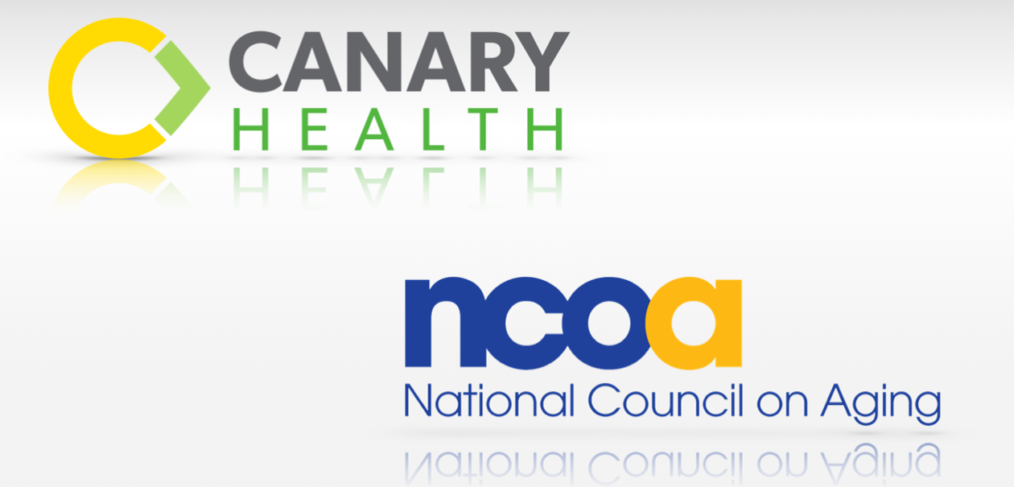
5 Things You May Not Know about Storytelling and Behavior Change
On May 24, our CMO, Neal Kaufman, had the opportunity to engage over 80 service providers caring for elder adults at the NCOA annual meeting for providers of CDSMP.
His remarks centered on 5 observations:
- Humans have been telling stories since long before recorded history.
- Telling or hearing stories changes the brain’s chemistry/neurotransmitters, attention/stress-increases cortisol and empathy increases oxytocin.
- The levels of these neurotransmitters cause and predict actual changes in behaviors.
- Storytelling, used effectively, has the capacity to improve clinician-patient interactions and increase clinicians’ abilities to provide personalized and holistic care.
- The use of storytelling in all aspects of behavior change interventions has the power to increase participant motivation and enhance their capacity to adopt and sustain new healthy behaviors.
The science of narrative medicine uses a basic but powerful human communication tool to activate and engage patients in their own health. You can view some research articles on the topic here.
We’d love to hear your thoughts on narrative medicine and behavior change as we continue to explore this exciting branch of healthcare.
in Healthcare


